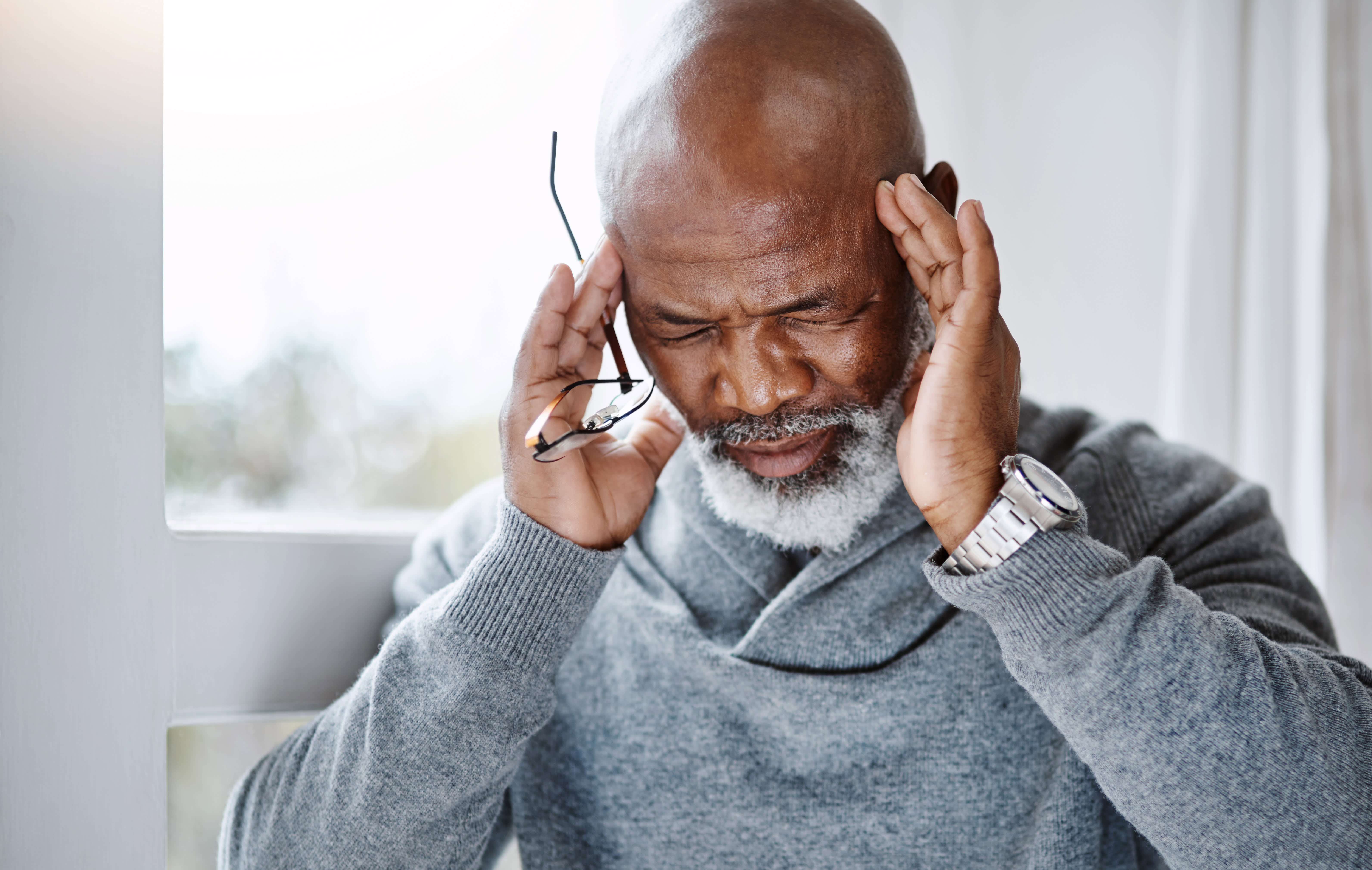LONDON — When the coronavirus pandemic first emerged in early 2020, governments quickly put out information on what symptoms to look out for, little knowing then that much of the transmission was asymptomatic.
The public was told to look out for a high temperature and a new continuous cough, with a loss of taste or smell, fatigue and a sore throat also named as possible symptoms (some added at different points of the pandemic).
Fast forward to the present day and more symptoms are being reported and recognized. This comes as several variants of the virus — such as the alpha strain and now the highly transmissible delta variant — have gone onto replace the “original” strain of Covid-19 first discovered in China in late 2019.
Now, an ongoing U.K.-based study which enables the public to enter their Covid symptoms on an app — which enables scientists to then analyze the data — says there are new coronavirus symptoms being widely reported.
The Zoe Covid Symptom study has identified the current top five symptoms that have emerged in recent weeks which differ depending on if you’ve been vaccinated, and how many doses you’ve had.
The symptoms highlighted below were first published in late June but still represent the top five symptoms being reported, the Zoe Covid Symptom study told CNBC Wednesday.
The symptoms rankings are based on members of the public’s reports in the app alone and do not take into account which variant caused the virus or demographic information.
These are the top five symptoms being reported by people who are fully-vaccinated, have had one dose of a vaccine or are unvaccinated.
Symptoms if fully-vaccinated?
The Zoe Covid Symptom study says that, generally, it has seen similar symptoms of Covid-19 being reported overall in the app by people who had and hadn’t been vaccinated.
However, fewer symptoms were reported over a shorter period of time by those who had already had the shot, suggesting that they were falling less seriously ill and getting better more quickly.
Here is the current ranking of Covid symptoms after two vaccinations:
- Headache
- Runny nose
- Sneezing
- Sore throat
- Loss of smell
The study noted that “traditional” Covid symptoms such as anosmia (loss of smell), fever and shortness of breath ranked way down the list, at five, 12 and 29 respectively. “A persistent cough now ranks at number 8 if you’ve had two vaccine doses, so is no longer the top indicator of having Covid.”
Symptoms after one vaccine dose?
The ranking changes again after one dose of the vaccination as observed below:
- Headache
- Runny nose
- Sore throat
- Sneezing
- Persistent cough
With the protection from only one vaccine dose, one of the original indicators of a persistent cough has made the top five symptoms, Zoe noted.
Symptoms if you’re unvaccinated?
If you’ve not yet been vaccinated then the symptoms are more recognizable to the traditional ranking, Zoe said, “however we can still observe some changes from when Covid-19 first appeared over a year ago.”
- Headache
- Sore throat
- Runny nose
- Fever
- Persistent cough
“Loss of smell comes in at number 9 and shortness of breath comes far down the list at number 30, indicating the symptoms as recorded previously are changing with the evolving variants of the virus,” the study found.
Covid cases attributed to the much more contagious delta variant are surging in parts of Europe, the U.K. and the U.S., particularly among young people and the partially vaccinated and unvaccinated.
While two doses of the Oxford-AstraZeneca or Pfizer-BioNTech vaccine provide protection against the delta variant, both were significantly less effective after only one shot.
The latest research from Israel on Monday found a decrease in the effectiveness of the Pfizer-BioNTech vaccine in preventing infections and symptomatic illness, coinciding with the spread of delta, but said it remained highly effective in preventing serious illness.

